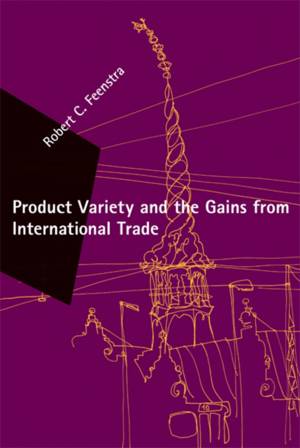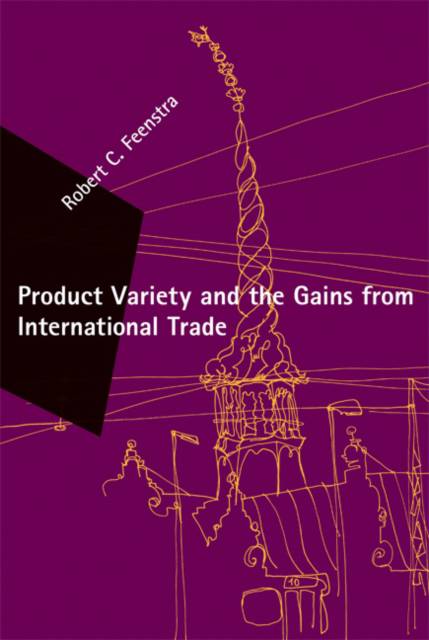
- Retrait gratuit dans votre magasin Club
- 7.000.000 titres dans notre catalogue
- Payer en toute sécurité
- Toujours un magasin près de chez vous
- Retrait gratuit dans votre magasin Club
- 7.000.000 titres dans notre catalogue
- Payer en toute sécurité
- Toujours un magasin près de chez vous
Description
An examination of the methods to measure the product variety of imports and the gains from trade due to product variety.
The application of the monopolistic competition model to international trade by Elhanan Helpman, Paul Krugman, and Kelvin Lancaster was one of the great achievements of international trade theory in the 1970s and 1980s. Monopolistic competition models have required new empirical methods to implement their theoretical insights, however, and in this book Robert Feenstra describes methods that have been developed to measure the product variety of imports and the gains from trade that are due to product variety.
Feenstra first considers the consumer benefits from having access to new import varieties of differentiated products, and examines a recent method to estimate the elasticity of substitution (the extent of differentiation across products) and to use that information to construct the gains from import variety. He then examines claims of producer benefit from export variety, arguing that the self-selection of the more productive firms (as the low-productivity firms exit the market) can be interpreted as a gain from product variety. He makes use of a measurement of product variety known as the extensive margin of exports and imports. Finally, he considers an alternative approach to quantifying the gains due to product variety by comparing real GDP calculated with and without the extensive margin of trade.
Spécifications
Parties prenantes
- Auteur(s) :
- Editeur:
Contenu
- Nombre de pages :
- 133
- Langue:
- Anglais
- Collection :
Caractéristiques
- EAN:
- 9780262062800
- Date de parution :
- 06-08-10
- Format:
- Livre relié
- Format numérique:
- Genaaid
- Dimensions :
- 160 mm x 231 mm
- Poids :
- 362 g







